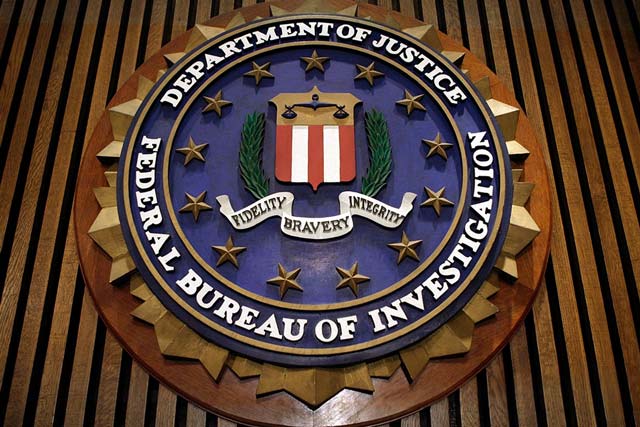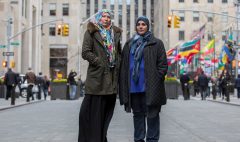Feds drop Muslim outreach program whose counseling teams were said to have sown mistrust
October 21, 2017 2023-08-13 11:29Feds drop Muslim outreach program whose counseling teams were said to have sown mistrust

Feds drop Muslim outreach program whose counseling teams were said to have sown mistrust
Federal law enforcement officials, under fire by civil rights groups, have dropped an effort to create counseling teams to intervene with young people who show signs of drifting toward radical Islamic ideology and terrorism.
The FBI-led program would have tapped teams of mental health workers, clergy and counselors — called “shared responsibility committees” — to meet with troubled individuals, review behaviors, and get them help or get law enforcement involved where needed. But the program, part of a wide-reaching federal effort known as “countering violent extremism,” was criticized by civil rights groups that claimed it would erode trust in community leaders serving on those teams and raise concerns about privacy and liability.
“We are happy they came to their senses,” said Samer Khalaf, a Paramus resident and president of the American-Arab Anti-Discrimination Committee. He said the program “would lead to further mistrust between law enforcement and communities.” Khalaf and other activists said they were skeptical about the announcement, claiming that federal law enforcement continues to be involved in other programs across the U.S., giving grants and consulting on outreach programs under the umbrella of countering violent extremism. Critics say such intervention would single out Muslim Americans as a community to be watched or feared. The U.S. Department of Justice last week said their agencies would remain involved with local intervention programs, though they won’t spearhead them.
The FBI rolled out plans for the intervention teams in New Jersey and in a few major U.S. cities as it sought new ways to deal with the changing nature of terrorism, which is marked increasingly by home-grown extremists inspired to commit violence by terrorist propaganda online, especially from ISIS. Officials said the teams would get help for underlying issues that could lead a person down a path to violence, including psychiatric care, or counseling to deal with family problems or anger issues.
The teams were to include clergy, mental health professionals and community leaders. They were to advise the FBI about whether a person who had been subject to their intervention was rehabilitated or remained a threat that required action by law enforcement…Civil rights groups said law enforcement should have no role in intervention, and as the FBI unveiled its plans, they raised concerns that community leaders would become government informants and that notes and private conversations could become part of criminal investigations. They asked federal officials if team members would be held liable if a person committed a crime, and they asked about medical privacy laws and free-speech violations.
Read more at: NorthJersey.com








